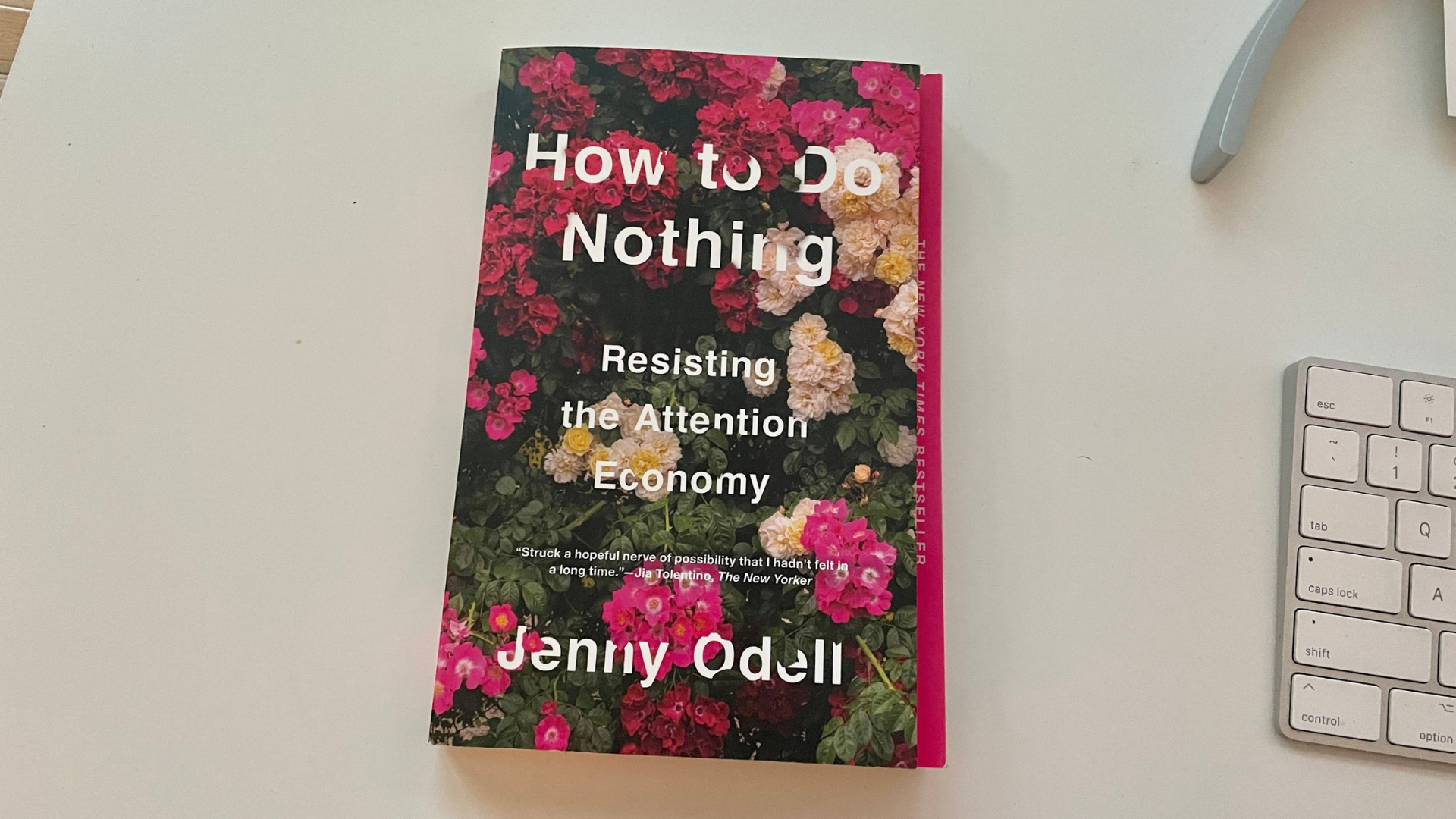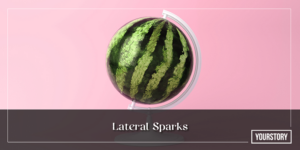In a world obsessed with productivity, constant notifications, and an endless race to “get things done,” Jenny Odell’s How to Do Nothing: Resisting the Attention Economy stands as a clarion call for mindfulness and intentional living. The book isn’t about literally doing nothing; instead, it’s about reclaiming your time, attention, and sense of purpose from the forces that commodify them. Odell encourages readers to resist societal pressures to always be productive and instead engage with the world on their own terms.
Whether you’re seeking balance, clarity, or a fresh perspective on life, here are 10 transformative lessons from this groundbreaking book.
10 lessons from Odell’s How to Do Nothing
Reclaiming your attention is revolutionary
Odell argues that in a world driven by the attention economy, your focus has become a commodity. Taking back control of your attention is an act of resistance against a culture designed to distract and exploit.
Start by identifying what drains your attention, like social media or constant multitasking, and create intentional boundaries.
Redefine productivity
The book challenges the notion that your worth is tied to constant productivity. True value comes from meaningful engagement, not perpetual busyness.
Pause and ask: Am I doing this for genuine fulfilment or just to check it off a list?
Rediscover the art of observation
Odell emphasises the importance of noticing the world around you—its sights, sounds, and rhythms. By slowing down, you can reconnect with your surroundings and experience deeper satisfaction.
Try taking a “silent walk” without your phone. Pay attention to the details of your environment, from the rustle of leaves to the shapes of clouds.
Engage in intentional idleness
Doing nothing isn’t laziness—it’s a chance to recharge and reflect. Odell calls for carving out time for idleness to cultivate creativity and well-being.
Schedule “unplugged hours” where you do nothing but relax, think, or simply exist without pressure.
Resist the pressure to always be online
Odell critiques the expectation to be perpetually reachable, reminding us that constant connectivity erodes boundaries and mental peace.
Turn off non-essential notifications and establish clear offline hours. Let people know when you’re unavailable to normalise boundaries.
Build a deeper connection with nature
Nature plays a central role in the book as a source of grounding and inspiration. Spending time outdoors can help you find clarity and perspective.
Dedicate time each week to connect with nature, whether through a hike, gardening, or simply sitting in a park.
Value relationships over algorithms
Odell encourages prioritising face-to-face interactions and meaningful connections over superficial online engagements dictated by algorithms.
Spend more time with people who inspire and uplift you, and less time scrolling through curated feeds.
Practice deliberate rest
Rest is a fundamental part of being human. Odell reminds us that rest isn’t a luxury—it’s a necessity for creativity, health, and joy.
Incorporate restful practices into your day, such as meditating, journaling, or simply taking a nap without guilt.
Find joy in community participation
The book emphasises the power of community and the satisfaction that comes from contributing to something larger than yourself.
Join a local group, volunteer, or participate in community events to foster connections and purpose.
Live life on your terms
Ultimately, Odell’s message is about rejecting societal norms that dictate how you should spend your time and embracing a life that feels authentic to you.
What activities or values truly make you happy, and how can you align your life around them?
Conclusion
How to Do Nothing is more than a book; it’s a manifesto for mindful living in a chaotic world. Odell’s lessons remind us that life’s richness isn’t found in constant achievement but in deliberate moments of presence, connection, and introspection.
By applying these 10 lessons, you can reclaim your attention, redefine success, and create a life that truly aligns with your values. So take a step back, breathe, and ask yourself: What truly matters? The answers may surprise you—and transform your life.










